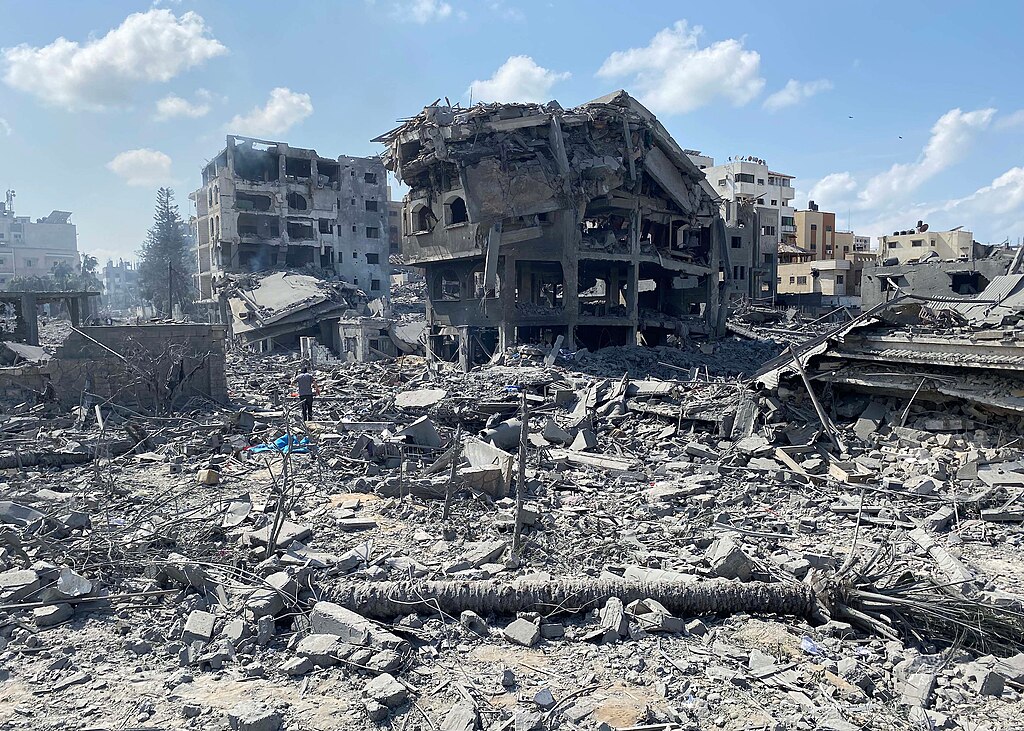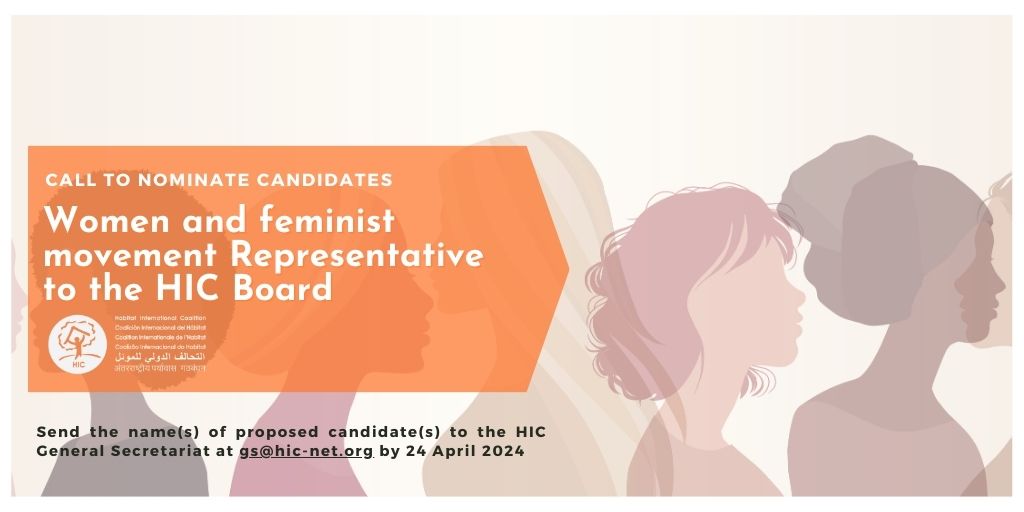2008: Anniversary of the Universal Declaration of Human Rights and the World
Social Forum
The Human Rights Accountability Challenge
The Human Dignity and Human Rights Caucus, a World Social Forum-related
coalition of human rights and development organisations[1], has been
organising human rights events in the framework of the World Social Forum
since 2002. In 2008, the Forum will be held as a Global Day of Action in
many different places around the world. At the same time, the human rights
movement will be celebrating, in diverse ways, the 60th anniversary of the
Universal Declaration of Human Rights (UDHR).
Combining both events, the Human Dignity and Human Rights Caucus is calling
for proposals by 26 November 2007 to organise activities during January 2008
at local, national, regional and international levels. Proposed activities
(including events, projects and initiatives) should focus on redressing
accountability deficits in realising human rights ï¿1⁄2 exploring innovative
ways to improve Human Rights Accountability. Activities should support
effective awareness, dialogue, research, action or advocacy to hold
responsible actors to account for realising a pressing human rights issue or
redressing violations committed. If the proposal describes a longer-term
project, it must include a specific activity in January 2008.
A qualified international jury will choose the winning proposals. Several
well-known human rights experts have already been approached and the
composition of the jury will be published shortly. Winning entries will
receive a subsidy of 75% of the costs involved in realising their proposals
to a maximum as follows:
- Local or national activities: 5.000 euros
- Regional activities: 7.500 euros
- International activities: 10.000 euros
HDHRC also will invite and sponsor a representative of the organization(s)
presenting a winning entry to participate in a Human Rights Accountability
Train to be organised in Davos on the opening day of the World Economic
Forum. This will allow the initiative to reach international-level duty
bearers and internationalize its message.
Focusing on Human Rights Accountability
Accountability always has been a key theme in the human rights discourse.
Focusing on human rights accountability is especially important at this
moment in history. Starting with the adoption of the UDHR in 1948, the basic
framework of modern international human rights law has been articulated
through a series of major international and regional human rights treaties.
Although this legal framework for human rights is now well established,
commitment to human rights promotion, protection and fulfilment seems to be
on the wane. In particular, despite the fact that the majority of states
have ratified and are legally bound to uphold their human rights
commitments, implementation of those commitments remains outrageously
inadequate.
Accountability however does not just refer to state obligations: the UDHR
affirms that ï¿1⁄2every individual and every organ of societyï¿1⁄2 bears the
responsibility ï¿1⁄2to promote respect for these rights and freedoms…by
progressive measures, national and international.ï¿1⁄2 Thus, while the State
has primary responsibility to respect, protect and fulfil those rights
codified in law, human rights accountability is shared by all parties
concerned including international financial institutions, corporations,
multilateral agencies, influential foreign governments, civil society
organisations and even individuals. This is of particular importance today
where non-State and inter-state actors wield such extraordinary political
power and control over fundamental resources worldwide.
In 2008, the 60th anniversary of the Universal Declaration of Human Rights,
we reaffirm that we are all somehow accountable to conduct ourselves
consistent with human rights. Our challenge is to bring that theory closer
to reality. That can be done, in part, by joining together to improve
mechanisms and fortify actions that call primary duty bearers to account for
their human rights obligations. We must also challenge our core assumptions
about what models, strategies and tools will bring about the more just and
equitable world we envision. We must develop and implement strategies for
transforming the human rights struggles that stand between us and such a
world, reaching out to all relevant actors. We must hold ourselves
accountable for bringing about this change even while we continue to
pressure our governments to fulfil their human rights responsibilities.
Guidelines for submission
Proposals should be addressed to the secretariat of the Caucus, Ms. Rosa
Sanchez at coordinationhdhrc@yahoo.com no later than 26 November 2007. The
secretariat is also available at the same address for queries and
clarification. All proposals and other relevant information will be
published on the Caucusï¿1⁄2 webpage on the World Social Forum website:
http://wsfprocess.net /> http://wsfprocess.net
To be considered, proposals must include the following details:
- Description and location of the organisation(s)/group(s) proposing
- the activity
- Issue(s) to be addressed
- Need for the activity
- Description of activity including location, audience and intended
- participants
- Itemized budget for the activity
Winning proposals will be announced on 7 December 2007 to permit time for
the winners to prepare their activities.
The following general rules will govern the contest:
1. The jury will assign one prize for each of three categories,
striving for an adequate regional and thematic balance.
2. Only proposals originating from organised groups and entities will
be considered.
3. Prizes will consist of 75% of the estimated cost of the activity, up
to the maximum amounts described above (for which clear, itemized budgets
must be presented).
4. A representative of each winning group will be invited and sponsored
to participate in the Caucusï¿1⁄2 global activities in Switzerland on January
2008.
5. The jury can decide on issues not covered and their decisions are
final.
_____
[1] Participating in the coalition, next to international HR networks such
as the International Federation of Leagues for Human Rights FIDH, Habitat
International Coalition are development organisations such as Bread for the
World and ICCO and a host of regional and local civil society organizations
involved in human rights and development.


